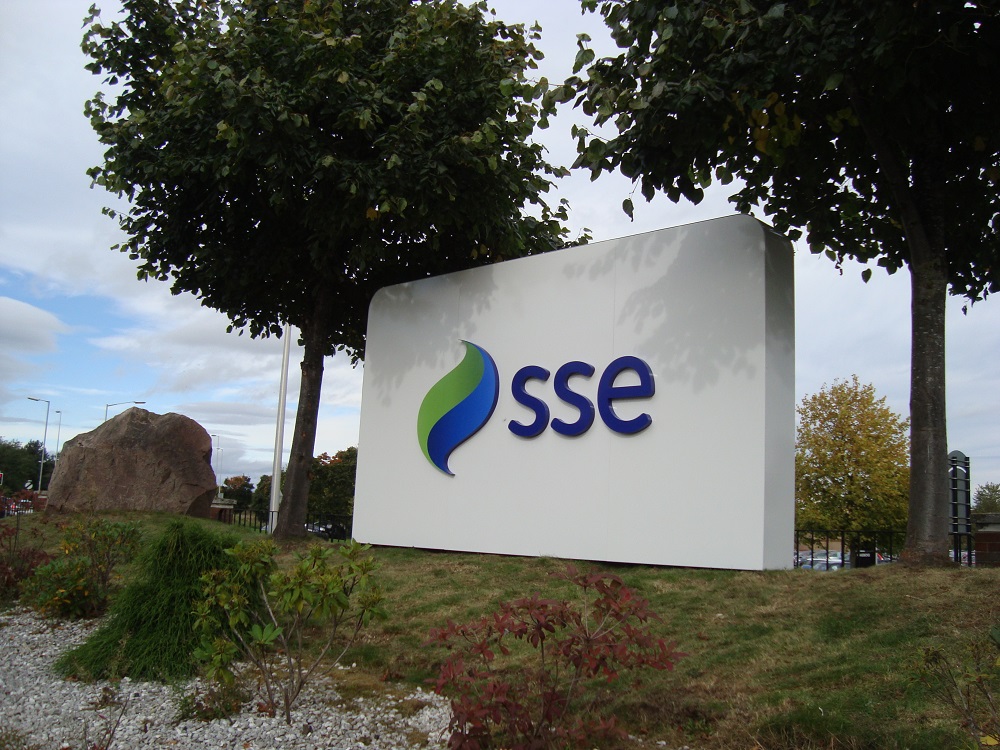The merger between SSE’S retail energy business and Npower has been provisionally approved by the Competition and Markets Authority (CMA) after it was found that the deal would have little impact on pricing or consumer choice.
The investigation followed the announcement in November from Npower’s parent company Innogy and SSE that the two divisions operating in the UK would form a new company, bringing together the third- and sixth-largest players in domestic energy supply.
Despite claiming in April that the merger would reduce competition and lead to higher prices, an inquiry group of independent CMA panel members has now cleared the deal after finding the two do not compete closely on standard variable tariffs (SVTs).
Only 10% of customers switching from the two suppliers do so in favour of the other, with most going to alternative suppliers in search of cheaper ‘acquisition tariffs’. The CMA judged that there was therefore no competitive rivalry between the parties in relation to attracting customers to SVTs.
The choice of often cheaper opening tariffs from over 70 energy retailers in the domestic market also meant that two would not be able to profitably increase the prices of their acquisition tariffs as a result of the merger.
For those SVT customers remaining with the suppliers and facing the regular price increases implemented by larger suppliers like SSE Retail and Npower, the CMA concluded that the merger would not have a significant impact on the market.
It claimed larger suppliers face similar pressures to each other that result in SVT price rises, but that the firms often ‘benchmark’ one another’s increases to remain competitive. By reducing the number of these firms, the CMA had suggested that an important comparator within this ‘benchmarking’ process could be removed, impacting consumer choice.
However, the investigation found that neither firms represented price leaders, nor were they considered such by competitors, and that the merger would prove to be of little importance in how prices are set by larger suppliers.
As a result, the CMA’s provisional view is that the merger is unlikely to substantially reduce competition, in respect of the benchmarking effect on default price levels.
It also added that the ‘counterfactual’ element of the incoming price cap on energy tariffs would likely be set below the prevailing SVT prices of each of the larger suppliers. This means that by the end of the year, price certainty in the short-term would be unaffected by the merger.
Significance of smaller players established
The judgement also made special note of the significant levels of competition from smaller players in the market that in the past was not present and could therefore have scuppered the merger.
As of March 2018 there were 72 energy retailers supplying domestic customers in Great Britain, including 66 small and mid-tier suppliers. In recent years, the CMA say that this significant entry and expansion by new suppliers had eroded the dominance of big six firms like SSE and Npower from 95% market share in 2013 to 80% in 2017.
This means that the proposed merger would therefore not impact the wider range of consumer offers available, which combined with the higher levels of switching means a more engaged market would not suffer under the reduction of big six firms.
The CMA is now inviting comments on its provisional findings by 20 September 2018 to feed into its final report expected in October.
The news has been welcomed by both companies; Martin Herrmann, chief operating office, retail of innogy SE said: “Our plans for a new British retail energy company are clearly on schedule and today’s announcement, that the UK Competition and Markets Authority has given provisional clearance to the planned merger, is another important milestone.
“We believe that the new organisation will combine the best from both companies to meet evolving customer expectations and address advancing market challenges.”
Alistair Phillips-Davies, chief executive of SSE, said the company remained confident that the formation and listing of the new company would be complete by the end of SSE’s financial year on 31 March 2019.






